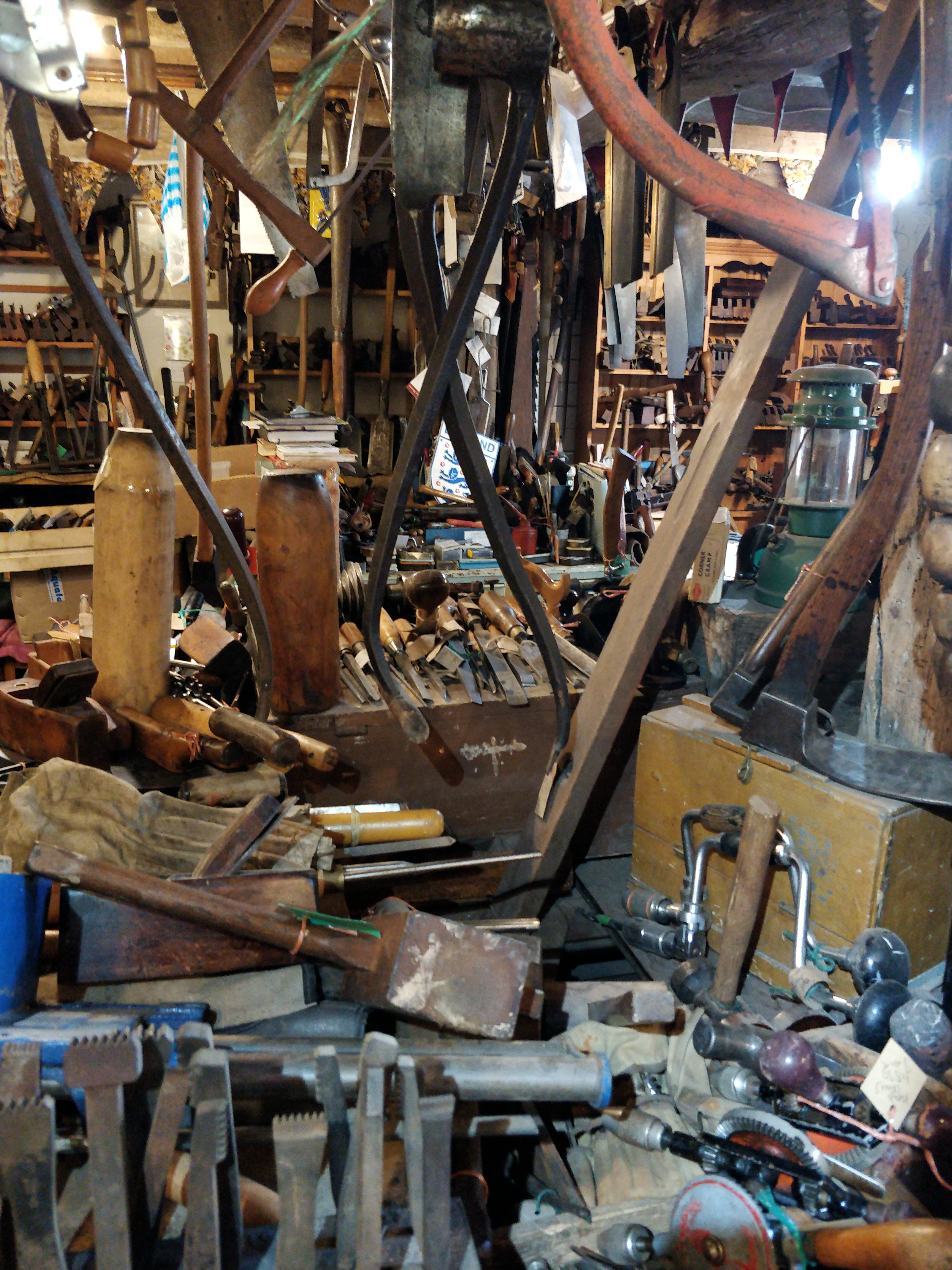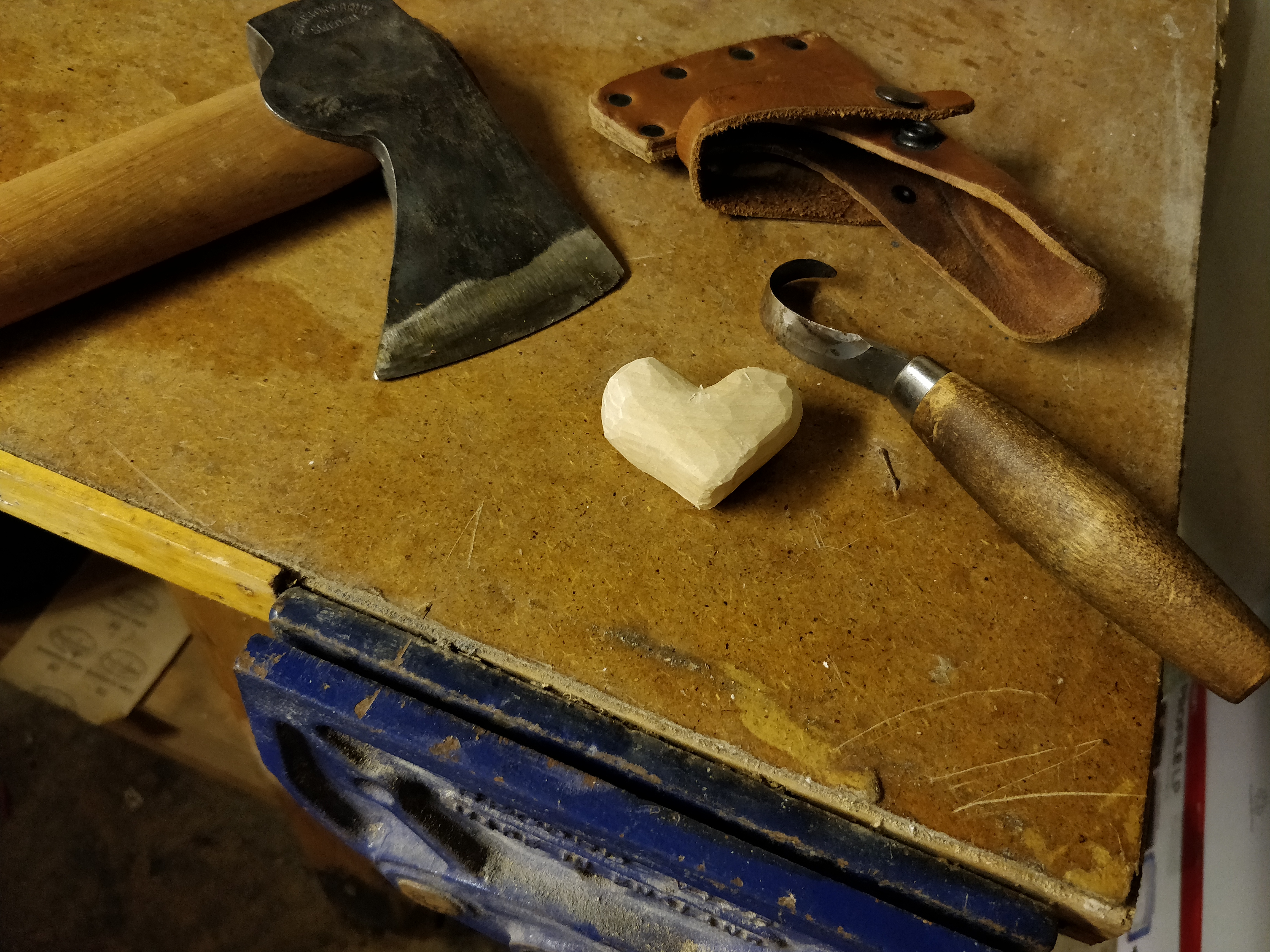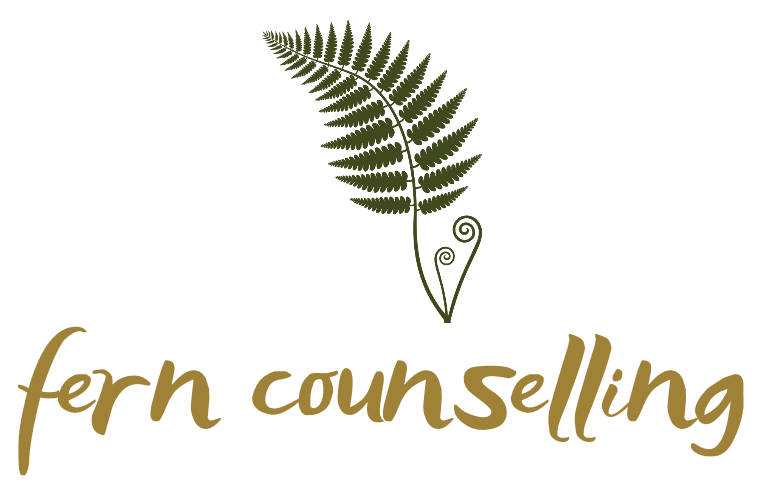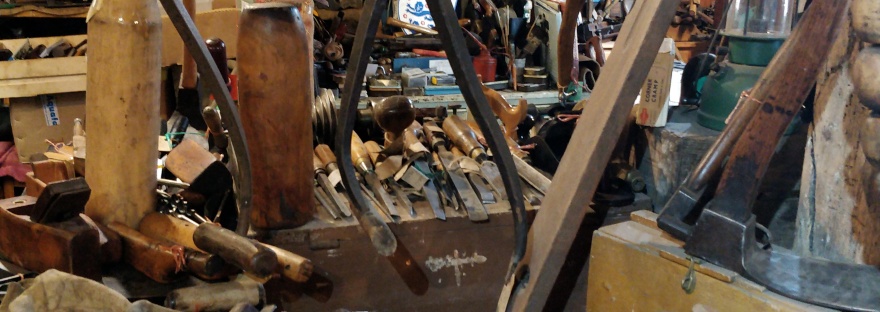
I recently published an article on Counselling Directory, describing how I view Integrative Counselling as a craft. Read the full article here.
Integrative Counselling means bringing together different ways of counselling to best achieve the outcomes you want from therapy. In the article, I refer to these means of working as “tools” which can “help you to gain a greater understanding of how and why you feel how you do, how and why you relate to people in the way you do and what, if anything, may need to change for you to live in the way you want.”
The key tool I use as a counsellor is listening. Listening with curiosity and non-judgement so I can really get alongside you and understand what life is like for you, and what you are going through. This helps me to empathise and put myself in your shoes. This might sound obvious, but don’t underestimate the power of really being heard and understood. Sometimes, this is sufficient in itself.
Working together
For me, the next tool I reach for depends on what issues you are coming to counselling for, where you are at with understanding how you feel and how you want to use our sessions. People come to counselling for many different reasons; they are unhappy with something in their life, because they are looking for emotional support and understanding at a challenging time or because they’re not sure what they want or how they feel but want the space to explore that. Many people, particularly those seeking counselling for the first time, don’t know how they want to use counselling so I work in a collaborative way (another tool in itself) and will often ask you where you want to be focusing and what sort of questions or creative techniques feel helpful to you. This is important to me as it shares the power in our relationship – I work with you, I don’t do to you.
Health and safety
Sometimes, having counselling can bring up painful and uncomfortable feelings before things feel better. We can use the tool shed metaphor again here. The idea of talking about and thinking about the things that cause us emotional pain can be scary. (Maybe you look at the photo above and it appears intimidating?). But the tools are not designed to harm, and nor is the process of counselling. Much as it is important for a carpenter to be trained and practised in how to use a plane to smooth a piece of wood so they can do so safely and reveal the beautiful grain without damaging the wood, it is important that a counsellor is properly trained in how to ask questions and work with you to peel back those layers of your emotions, beliefs, thoughts and actions.

I have knowledge of a vast range of ways of counselling, but I will only use counselling techniques and ideas that I have been properly trained in and can safely use. If we decide that a particular way of working may be helpful for you, and I am not trained in working in that way, we can discuss whether another counsellor may be more appropriate (I am a member of a number of therapy networks so can signpost you where relevant) or I may seek further training so we can continue our work together. I am committed to continuing to develop my skills and knowledge as a therapist and am a member of the National Counselling Society who require that I do so.



2 thoughts on “What does an integrative counsellor do?”